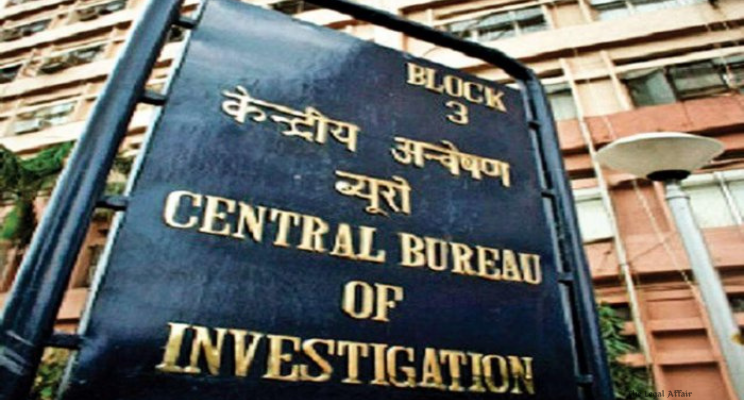Introduction
An application was made by former IAS officer Babulal Agrawal, who told the court that the Chhattisgarh government had not given the CBI permission to look into a matter in the State. Agrawal had previously been detained by the CBI on suspicion of corruption. When he served as the Chhattisgarh government’s health secretary in 2010, a case was filed against him. The ED later filed a complaint against him, alleging that he played an active role in splitting the tender contracts related to the World Bank-aided Malaria control program and awarding them to some non-existing entities and thereby causing loss to the exchequer and pecuniary benefit to himself.
Issue
Whether the CBI has the power to investigate cases in the state without state permission
Argument Advanced
The petitioner claimed that because Chhattisgarh had not granted the CBI its permission, the CBI lacked the authority to look into the FIR. They referred to a notification issued by Chhattisgarh in July 2012 that stated the government’s consent was invalid because it was given without first receiving approval from the appropriate authority, as required by Rule 19 of Part IV of the Executive Government of Chhattisgarh’s Rules of Business. The Central government then informed the Joint Director of CBI of this fact in a letter dated November 4, 2015, as well. Additionally, he cited the Chhattisgarh government’s response to their RTI request and said that the CBI had not had such consent before 2013.
The Respondent states that the Department of Personnel and Training (DoPT) issued a notification for the investigation of offences as listed in the Schedule under Section 5 of the DSPE Act, 1946 within the State of Chhattisgarh after the Chhattisgarh government granted consensus under Section 6 in a letter dated February 3, 2001.
Relevant Provision
According to Section 6 of the Delhi Special Police Establishment Act (DSPE), unless there is an inquiry authorised by the High Court or Supreme Court, the CBI cannot exercise its powers or jurisdiction in a State without the approval of that State.
Analysis of Court Order
A single judge bench of Delhi High Court Justice Yogesh Khanna sought CBI’s response while dealing with a plea filed by former IAS officer Babulal Agrawal. The CBI was instructed to provide a response and state whether approval was granted and, if not, what the consequences would be by the bench after examining the case. Now, the issue will be decided on August 28.

